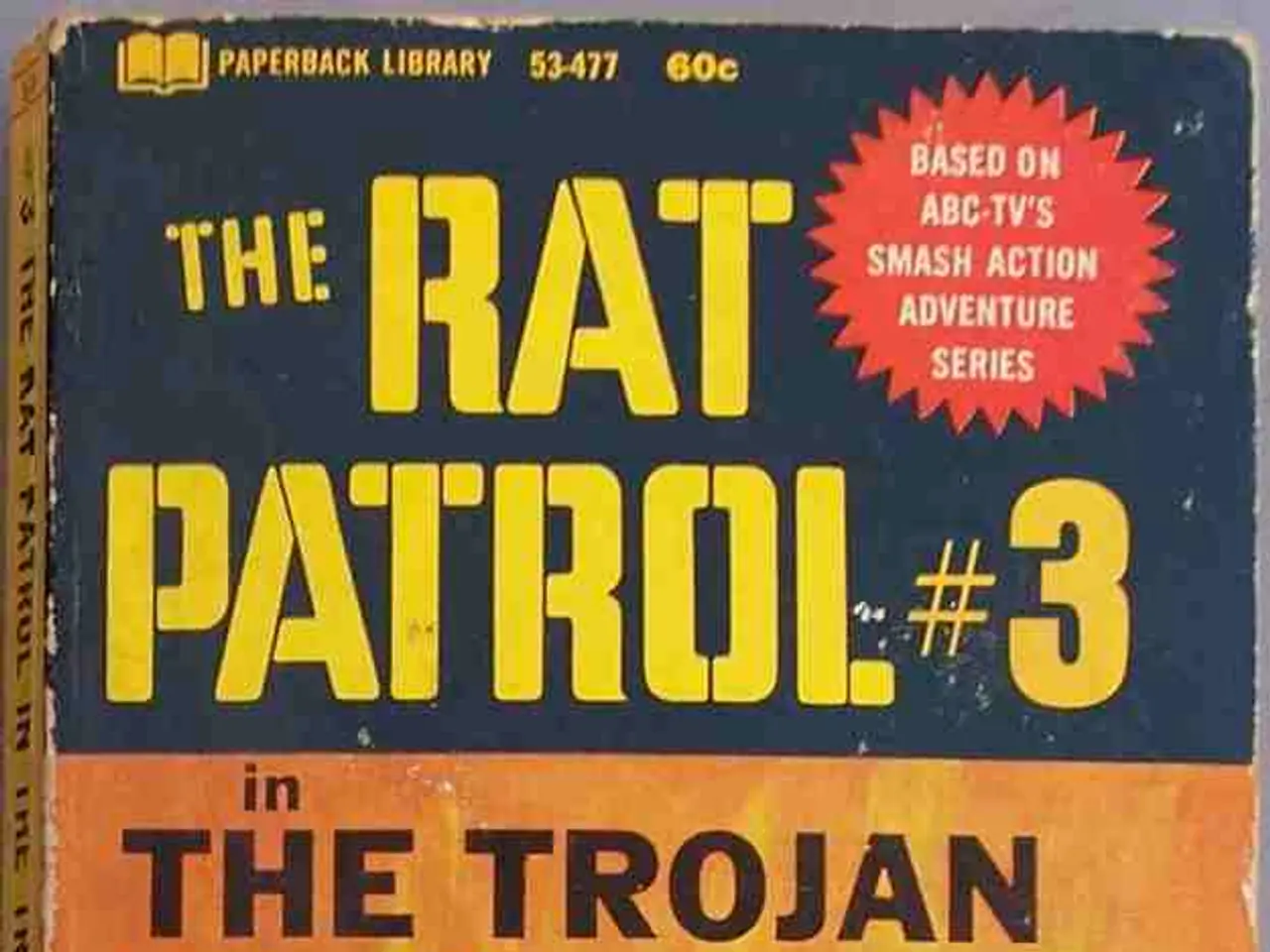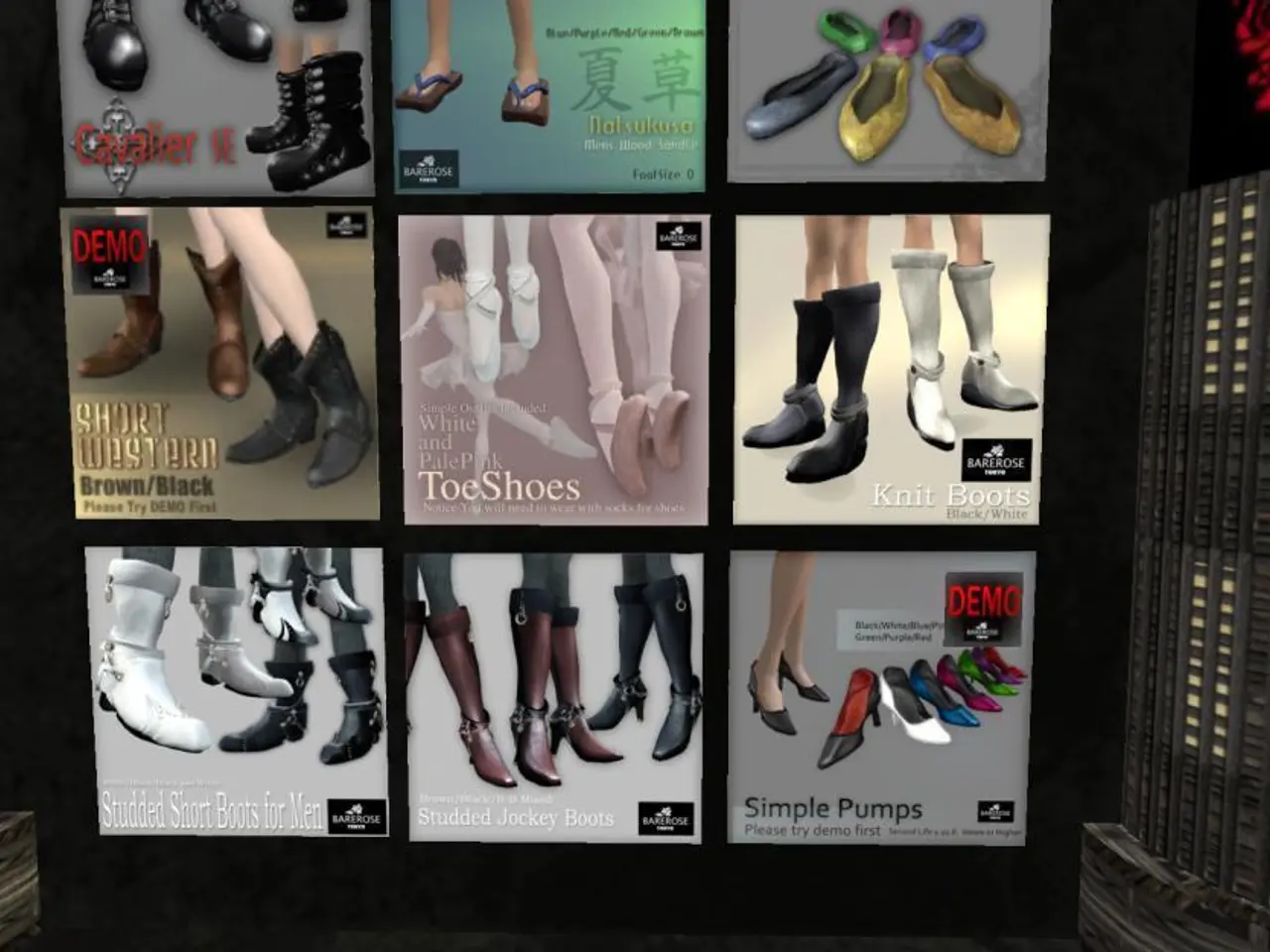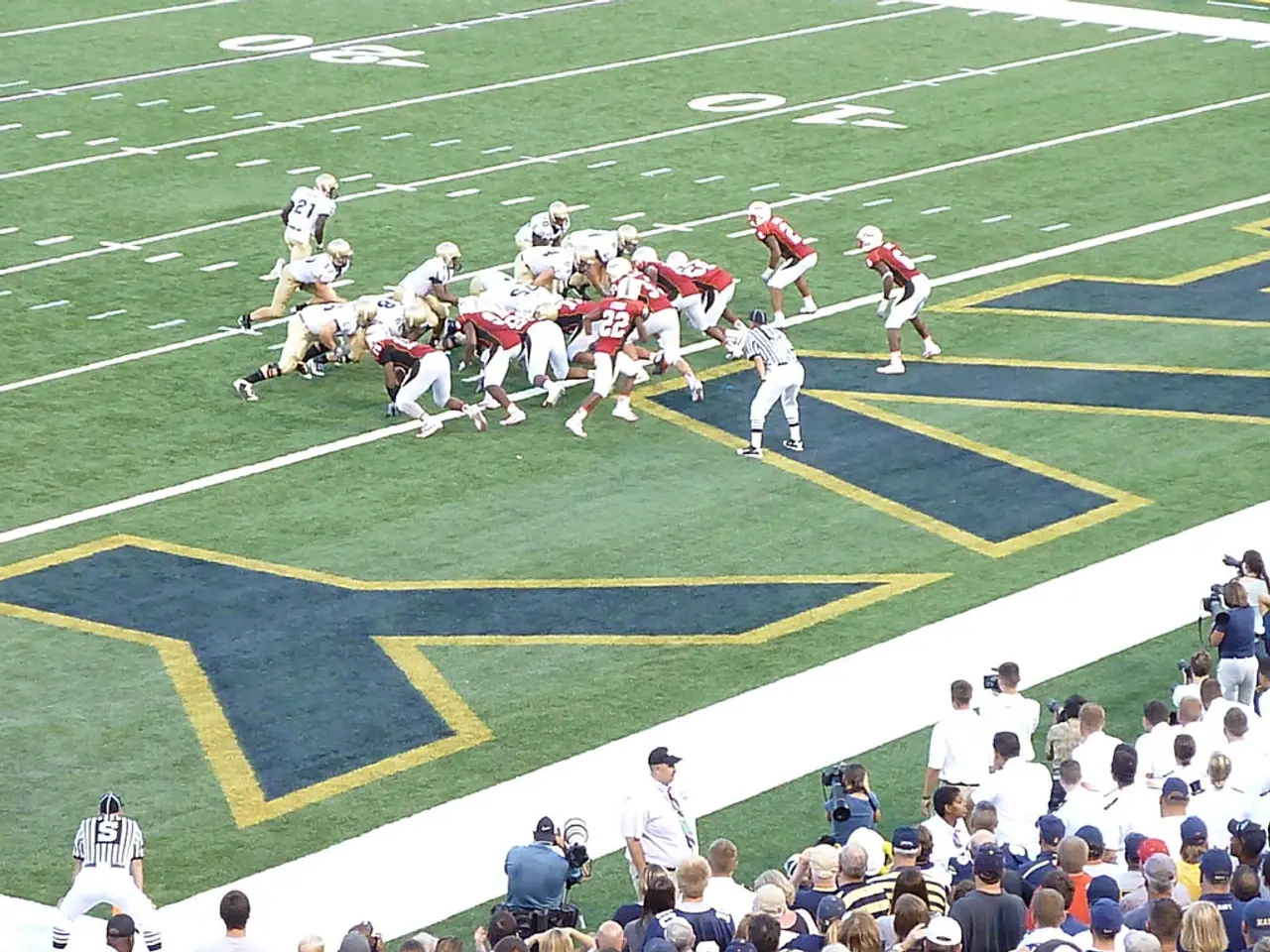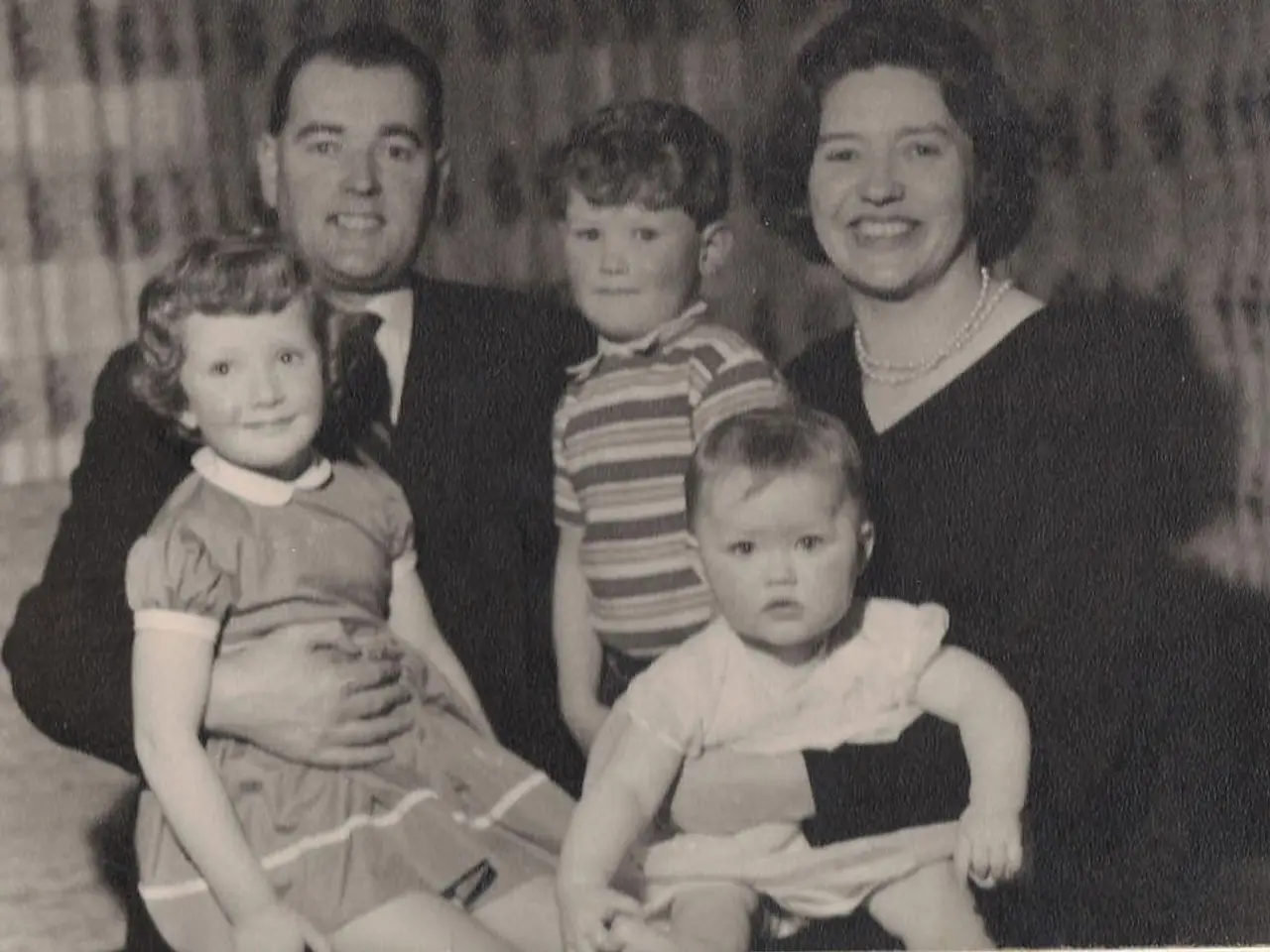Kremlin remains indifferent to the prospect of nuclear escalation
In a tense but cautious environment, the ongoing nuclear dispute between the United States and Russia continues to unfold, with both sides navigating the complexities of the Ukraine conflict and sanctions diplomacy.
Recently, President Trump ordered the redeployment of two nuclear-capable submarines closer to Russia, a move that was in response to threats from Dmitri Medvedev, a former Russian President and known provocateur since the beginning of the war in Ukraine. The Kremlin, however, has not expressed concern about the potential for nuclear escalation due to this action.
Kremlin spokesman Dmitri Peskov described the situation as tense but cautious, with Russia continuing to respond firmly primarily through diplomatic channels and restrained official rhetoric. The Russian stance towards the situation reflects a preference to manage conflict without direct confrontation in the nuclear domain for now.
One of the key developments in this dispute is Russia's formal withdrawal from the Intermediate-Range Nuclear Forces (INF) Treaty. This move was triggered by US plans to deploy intermediate-range missiles in Europe and Asia, thereby removing restrictions Russia had voluntarily observed.
The current status of the nuclear balance remains unchanged, according to Peskov, with the American submarines merely standing by militarily. Peskov has also warned all sides to be careful with nuclear rhetoric, emphasizing the need for diplomatic solutions.
In a positive development, Dmitri Peskov suggested that President Putin may receive Trump's special envoy Steve Witkoff this week. This meeting could potentially pave the way for a solution to the Ukraine conflict, with US reports suggesting a possible resolution by Friday (8 August) within the shortened deadline set by President Trump.
Russia appreciates the efforts of the USA and President Trump to end the Ukraine conflict, according to Peskov. However, it's important to note that in Russia, President Vladimir Putin determines foreign policy, not the hawks within the country.
This complex situation, marked by treaty withdrawals, military posturing, and diplomatic maneuvering, underscores the need for careful navigation and a commitment to avoiding dangerous brinkmanship. The Russian news agency Tass has reported on the redeployment of the US submarines, adding another layer to this global geopolitical chess game.
[1] Tass News Agency, "US submarines redeployed closer to Russia," 2 August 2021. [2] The Guardian, "Russia withdraws from INF treaty after US plans to deploy intermediate-range missiles," 2 August 2019. [4] Reuters, "U.S. moves nuclear-capable submarines closer to Russia over Ukraine conflict," 1 August 2021.
More general news reports suggest an escalation in war-and-conflicts tensions, as Russia's formal withdrawal from the Intermediate-Range Nuclear Forces (INF) Treaty and the U.S.'s subsequent redeployment of nuclear-capable submarines closer to Russia have created a dynamic political landscape. The ongoing nuclear dispute between the United States and Russia, driven by the Ukraine conflict and sanctions diplomacy, is significantly shaping international politics.








